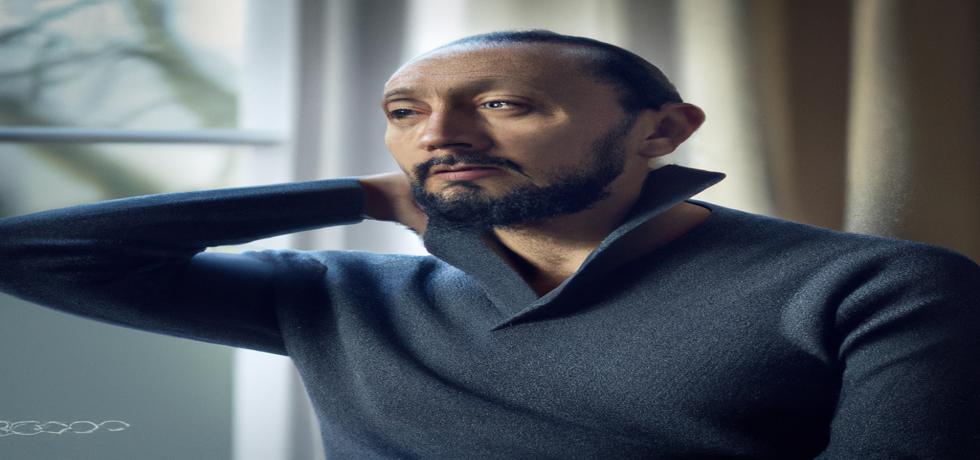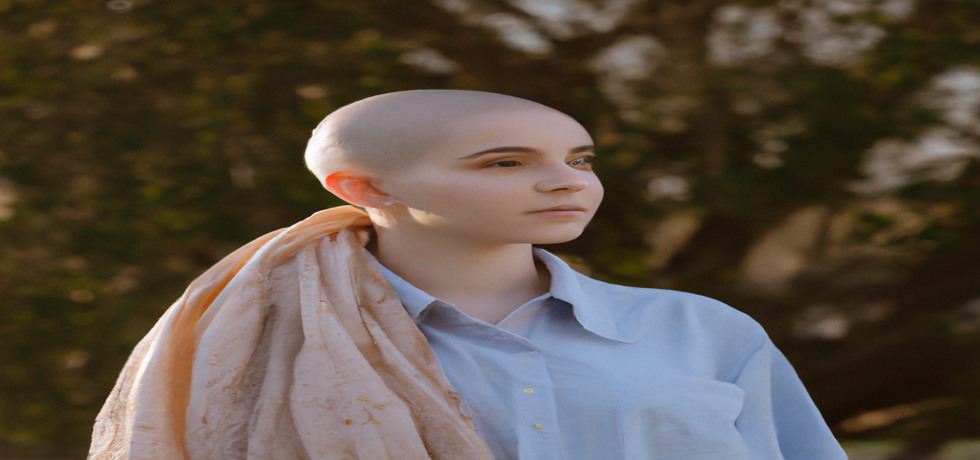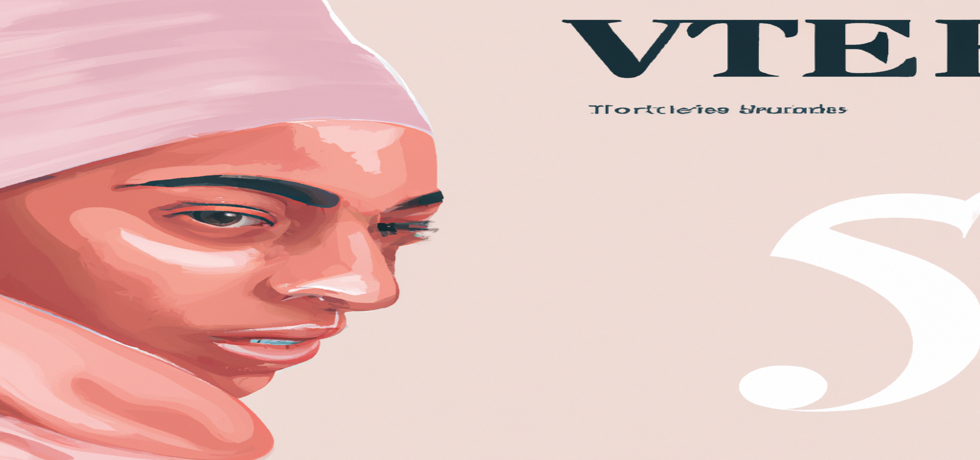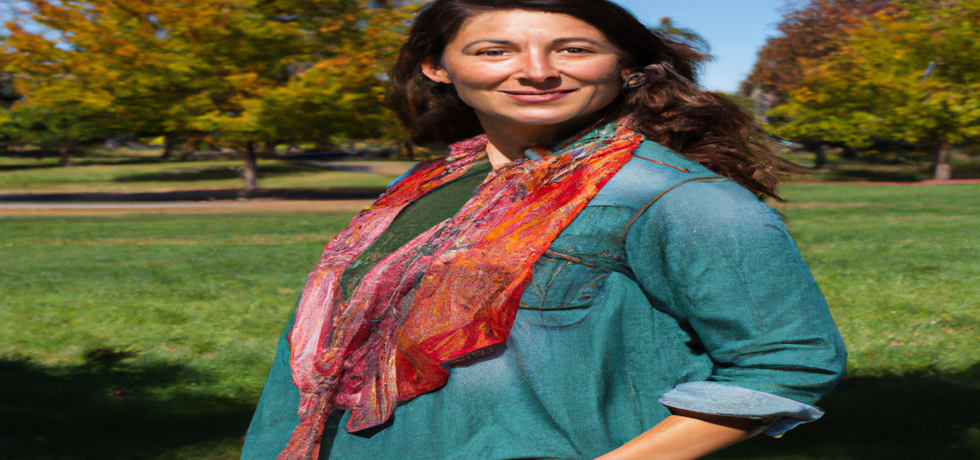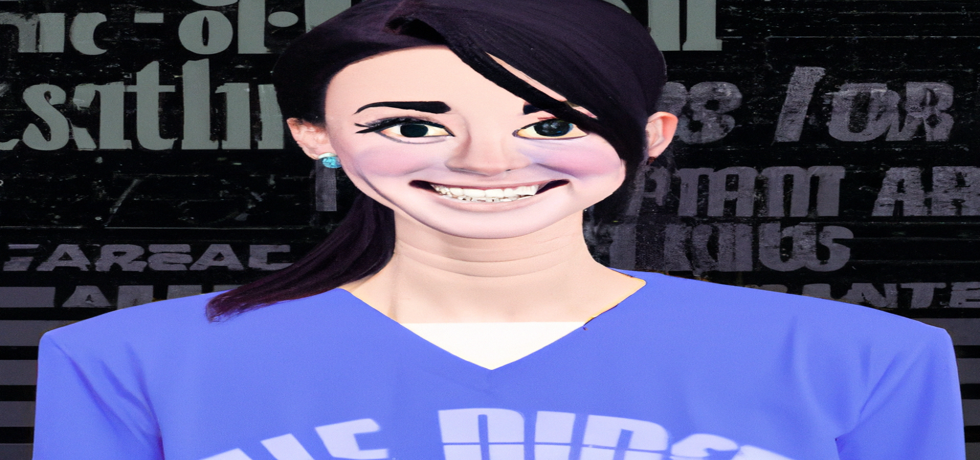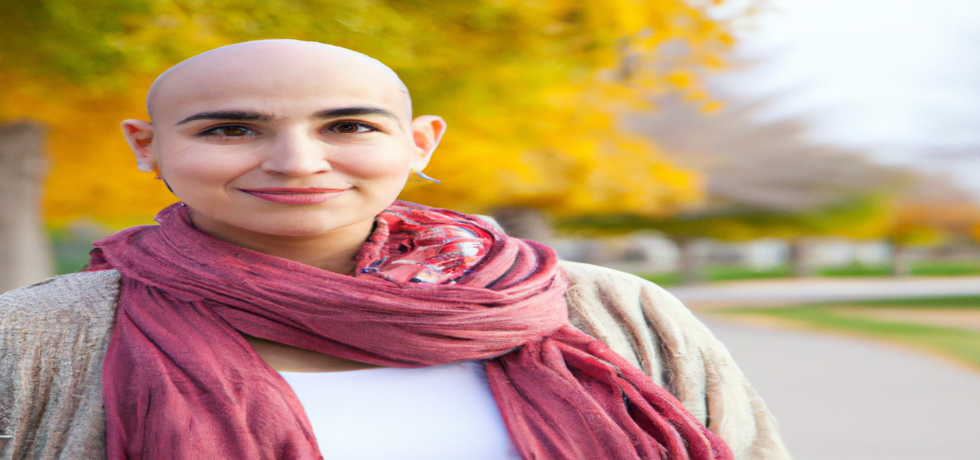Baldness Treatment Unveiled: Your Ultimate Guide Understanding Baldness: The Basics Baldness, or hair loss, is a common concern among many individuals, affecting both men and women across various age groups. Understanding the underlying causes of this phenomenon is crucial for effective baldness treatment. Factors like genetics, hormonal imbalances, and lifestyle choices all contribute to hair …
Continue reading “Baldness Treatment Unveiled: Your Ultimate Guide”

